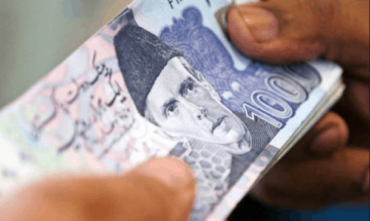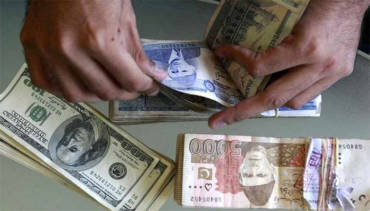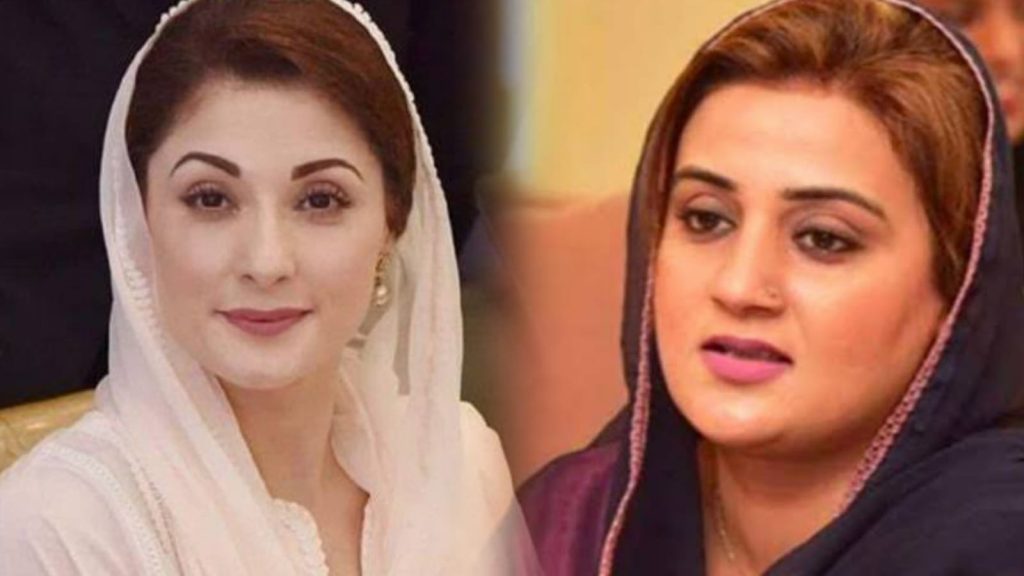According to a press release issued on Friday, the Asian Development Bank (ADB) has passed an emergency loan of $1 billion for Pakistan. Primarily, the loan will provide instant aid to the country’s economics and assist strengthen a dwindling economy.
The swift dispersing loan is section of a multi-donor economic reform programme initiated by the International Monetary Fund (IMF) to preserve the economy which disintegrated mid-2018, the statement continued.



Source: Parhlo
Pakistan’s economy is facing a plethora of challenges. Besides, the ever-rising current account deficit and the vicious cycle of loans repayment are decaying the country’s economy.
Earlier, Moody’s report promoted Pakistan’s credit rating outlook to stable. Similarly, Pakistan gradually narrowness in the current account deficit.
However, things didn’t change completely. Pakistan is still going through financial crises. Therefore, the country needs economic reforms and FDI on war-footings.
As per the financial adviser to Prime Minister Imran Khan, FDI rose 200 per cent in the first half of 2019. In the same manner, the IMF appreciated Pakistan’s endeavours in countering financial crises.
After the government executed a series of reforms and actions, supported by the IMF, the loan was passed.
The loan was sanctioned to develop Pakistan’s “current account deficit, strengthen its revenue base, and protect the poor against the social impact of the economic crisis“.
ADB Director General for Central and West Asia Werner Liepach said that the bank is obliged to providing Pakistan support; so that it may increase its economy.
“These funds will meet the government’s emergency financing needs to prevent significant adverse social and economic impacts and lay the foundations for a return to balanced growth,” he said.
$300 million loans for the boosting energy sector
On Friday, in another press release published the ADB approved a $300 million policy-based loan to Pakistan.
Moreover, the loan shall aid the government in assuring economic stability, governance; decimating hurdles in the management infrastructure in Pakistan’s energy sector.
“The financing will support the first of three sub-programmes totalling $1 billion under the Energy Sector Reforms and Financial Sustainability Program; a key component of a comprehensive multi-donor economic reform programme led by the IMF,” it added.
‘Pakistan’s economy to develop slower’
In sept, ADP published a report, which said that Pakistan’s economy is anticipated to get slower than last year. Besides, the report projected the GDP growth at 2.8 per cent in the financial year 2020.



Source: Parhlo
Furthermore, the report wrote that economic growth in Pakistan had decelerated throughout the fiscal year 2019.
“Lower investment amid policy uncertainty and persistent macroeconomic imbalances”, the report noted.
Plus, the report showcased that soaring inflation was “mainly reflecting currency depreciation and a considerable increase in domestic fuel prices”.
“To restore macroeconomic stability, the government plans to catalyse significant international financial support and promote sustainable and balanced growth under a three-year economic stabilisation and reform programme with the International Monetary Fund (IMF).”
Fiscal consolidation under the programme aims to reduce the large public debt while expanding social spending, establish a flexible exchange rate regime to restore competitiveness, and rebuild official reserves,” it added.















